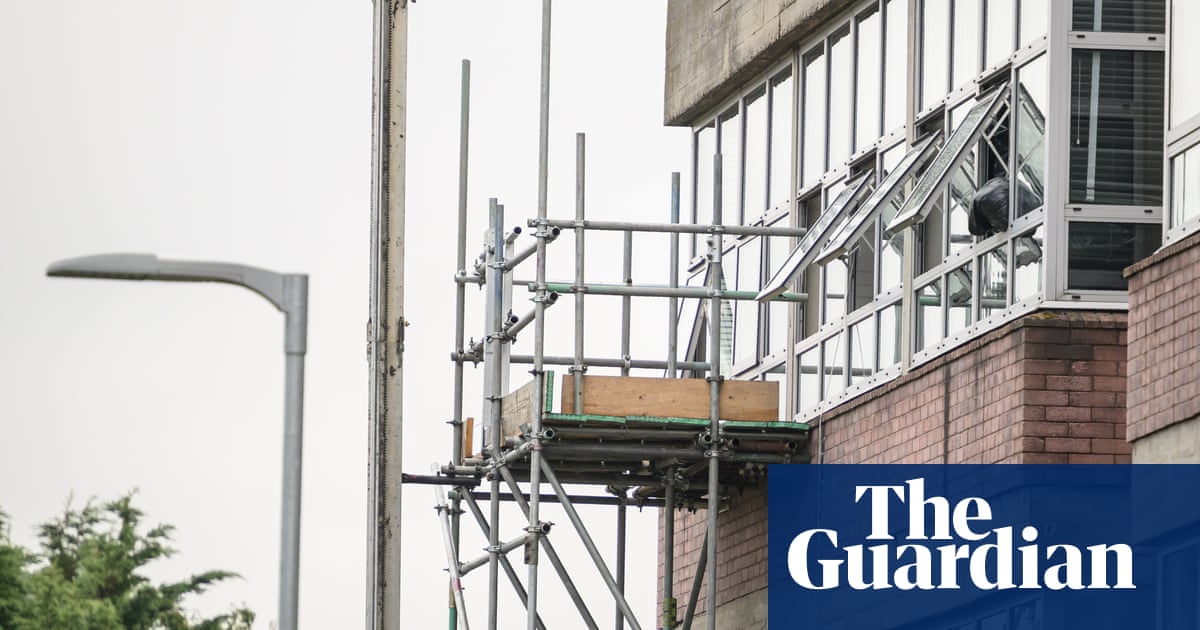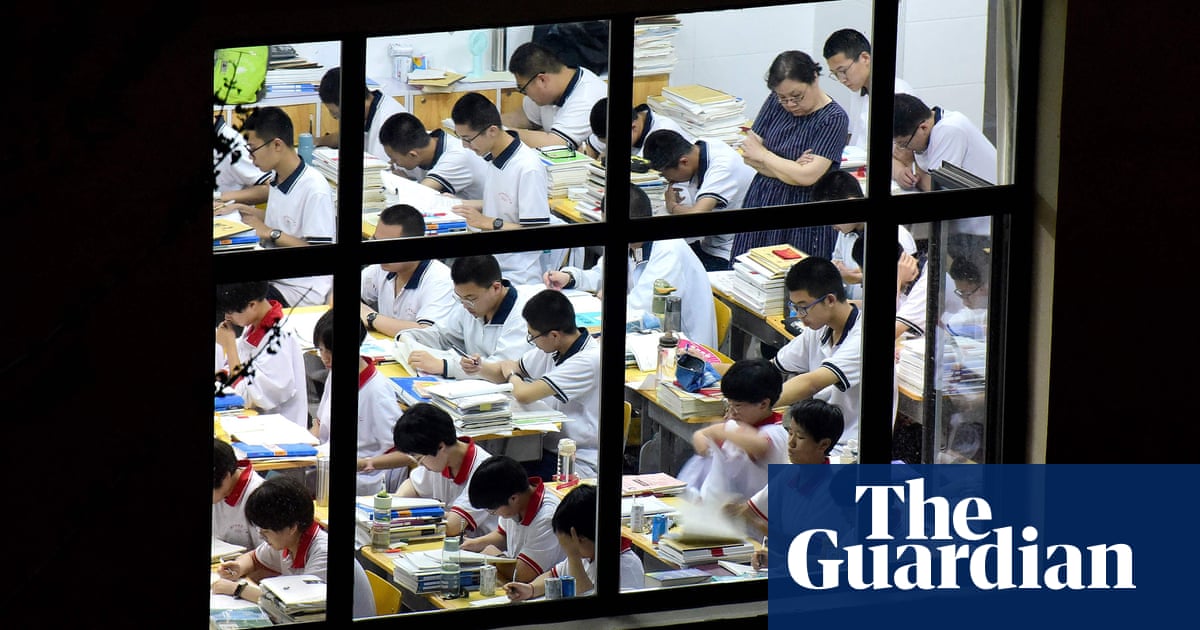
Ministers face a double defeat in the Lords over Britain’s trading links with China as peers prepare to back a cross-party move to block trade agreements with any country deemed by the UK high court to be committing genocide.
The manoeuvre is in addition to Labour-led plans in the upper house to require a government human rights risk assessment before backing a Brexit trade deal.
The cross-party plan would be one of the first times that the UK courts would have role in assessing if genocide has been committed. It has the support of the Labour human rights lawyer Helena Kennedy, the Liberal Democrat campaigner David Alton and the former Tory cabinet minister Michael Forsyth.
The novel procedure is due to be debated as an amendment to the trade bill in the Lords on Monday, and if passed the measure already has strong Conservative backbench support in the Commons, including from the former party leader Iain Duncan Smith.
The amendment is designed to show there can be a UK-based remedy to act against genocide, and its drafters see it in the first instance as a practical weapon to combat the human rights abuses allegedly committed by the Chinese government against the Uighur people in Xinjiang.
The government opposes the proposal, and although the Labour frontbench in the Lords has tabled its alternative way to inject human rights considerations into all preferential trade agreements, it says it does not regard the two measures as mutually exclusive and it will also back the Kennedy proposal.
Advocates of the cross-party proposal at one point feared Labour was putting up its amendment as an alternative. Labour regards its proposal as broader because it concerns all human rights abuses, not just genocide.
In a letter to fellow peers explaining the cross-party amendment, Lady Kennedy said it would prevent the UK “from pursuing trade deals with genocidal states, and creates a mechanism for the preliminary determination of genocide through the UK courts.
“This is a novel and ingenious way of solving the inertia around genocide determination while remaining consistent with long-standing UK policy: that genocide determination is a legal matter for judges, not politicians. The amendment only applies to trade deals, and does not cancel out the need for a United Nations investigation, however remote such a prospect might be.”
She argues peers have a moral duty to act. In the letter she points out that Sir Geoffrey Nice QC, who prosecuted the Yugoslavian leader Slobodan Milošević in the Hague, supports the measure.
Kennedy’s letter has prestigious support of Alf Dubs, Dawn Primarolo, Ken Clarke, Paul Boateng, Janet Royall, Tessa Blackstone, and Valerie Amos. It also has the backing of the all-party parliamentary group on the Uighurs, led by Yasmin Qureshi MP, together with Labour members of the all-party group on the prevention of genocide.
The Labour frontbench amendment calls for the Department for International Trade to undertake risk assessments to determine if the trade agreement would be compliant with the UK’s international obligations, including if there have been serious violations of a wider range of human rights, including torture and threats to the right to life and freedom from slavery. Critics of the Labour measure say that although it is an advance, it lacks teeth.











